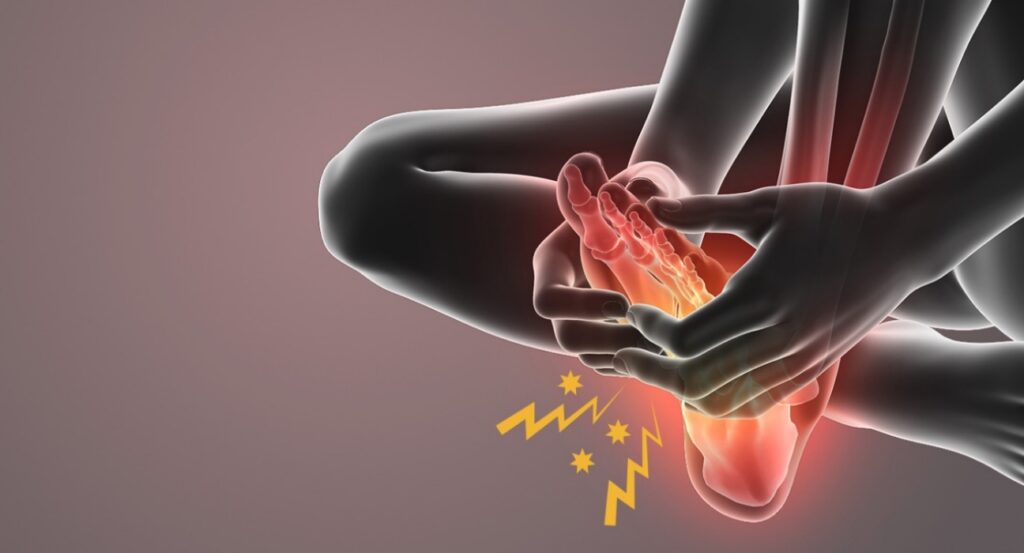
Are you struggling with numbness, tingling, or burning in your hands or feet? Do your feet feel cold even when they’re not? Is walking painful? Do you sometimes feel like you’re losing your balance?
If so, you might have peripheral neuropathy—and you’re not alone. Many seniors in Bethel Park are dealing with this same frustrating condition. The good news is: there’s a natural, non-drug solution that can help.
At the Chronic Conditions Center, we offer advanced peripheral neuropathy treatment in Bethel Park that doesn’t involve medication, shots, or surgery.
Peripheral neuropathy happens when the nerves in your hands, feet, or legs become damaged or irritated. These nerves are part of your body’s “wiring system.” They help you move, feel temperature, and control many important body functions—like blood flow, digestion, and even your balance.
When these nerves don’t work right, you can experience:
If any of this sounds familiar, it’s time to explore peripheral neuropathy correction in Bethel Park with a team that understands your struggles.

There are many reasons why nerves stop working properly. Some common causes include:
Sometimes, even if you’ve tried different doctors or medications, the pain doesn’t go away. That’s because drugs only cover up the symptoms—they don’t fix the problem.
That’s why many people are now looking for peripheral neuropathy relief in Bethel Park without relying on prescriptions.
At the Chronic Conditions Center, our mission is to help people like you enjoy life again. We offer natural, drug-free care that gets to the root of the problem. Our approach is different because we focus on what’s causing your nerve pain, not just masking it.
We start with our 5-Point Neuropathy Exam, a one-of-a-kind system designed to understand what’s really going on inside your body. This lets us customize a plan that’s just for you.
We are proud to be recognized as a trusted neuropathy specialist in Bethel Park, and many of our patients say they wish they had found us sooner.
Lorem ipsum dolor sit amet, consectetur adipiscing elit. Ut elit tellus, luctus nec ullamcorper mattis, pulvinar dapibus leo.

“Before I came in, I could barely walk to the mailbox without sharp pain in my feet. I couldn’t sleep at night, and I was afraid of falling. After a few weeks of care, I started to feel stronger, and now I can walk farther without pain. I’m even sleeping through the night again!”
– Jane, age 78
Our patients often say we’re the best neuropathy doctor in Bethel Park, PA because we listen, we care, and we get results.
If you’re looking for peripheral neuropathy relief in Bethel Park, don’t wait. Nerve damage can get worse over time if it’s not corrected. Let our team help you feel confident on your feet again and enjoy life without constant pain.
Call now to schedule your neuropathy evaluation or click the button below to book your appointment online. Come see a peripheral neuropathy specialist in Bethel Park who truly understands what you’re going through.